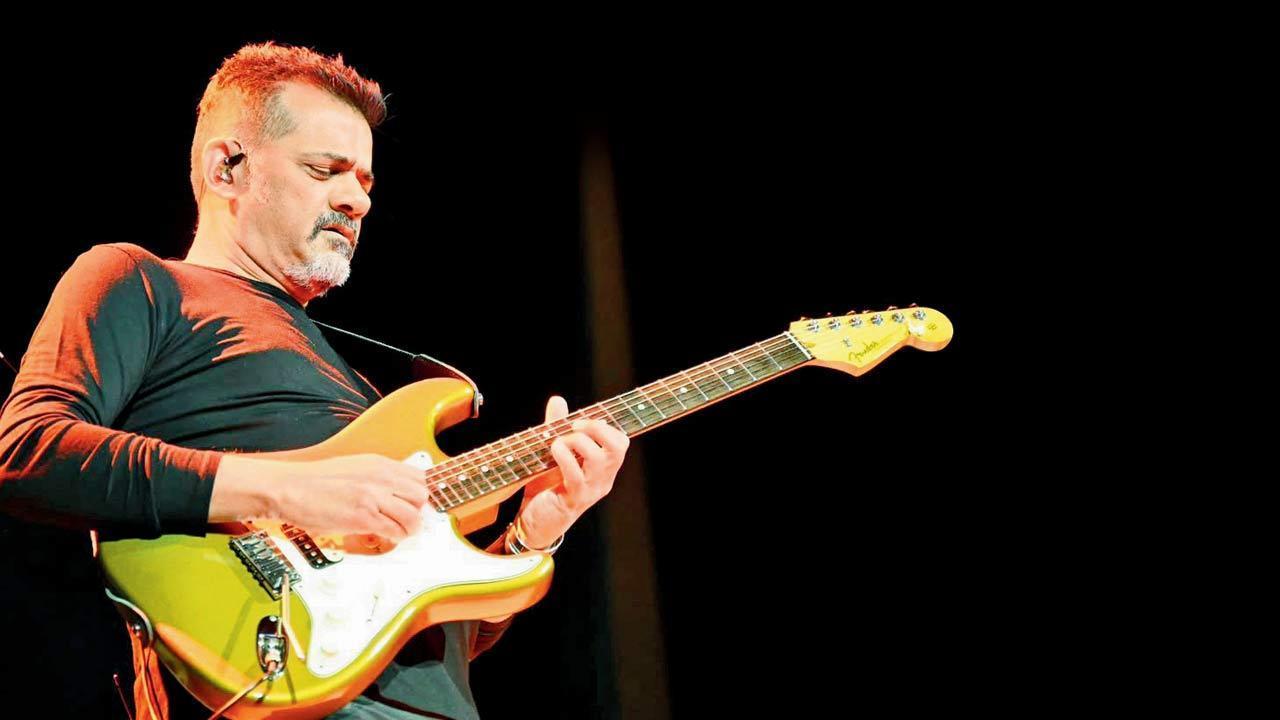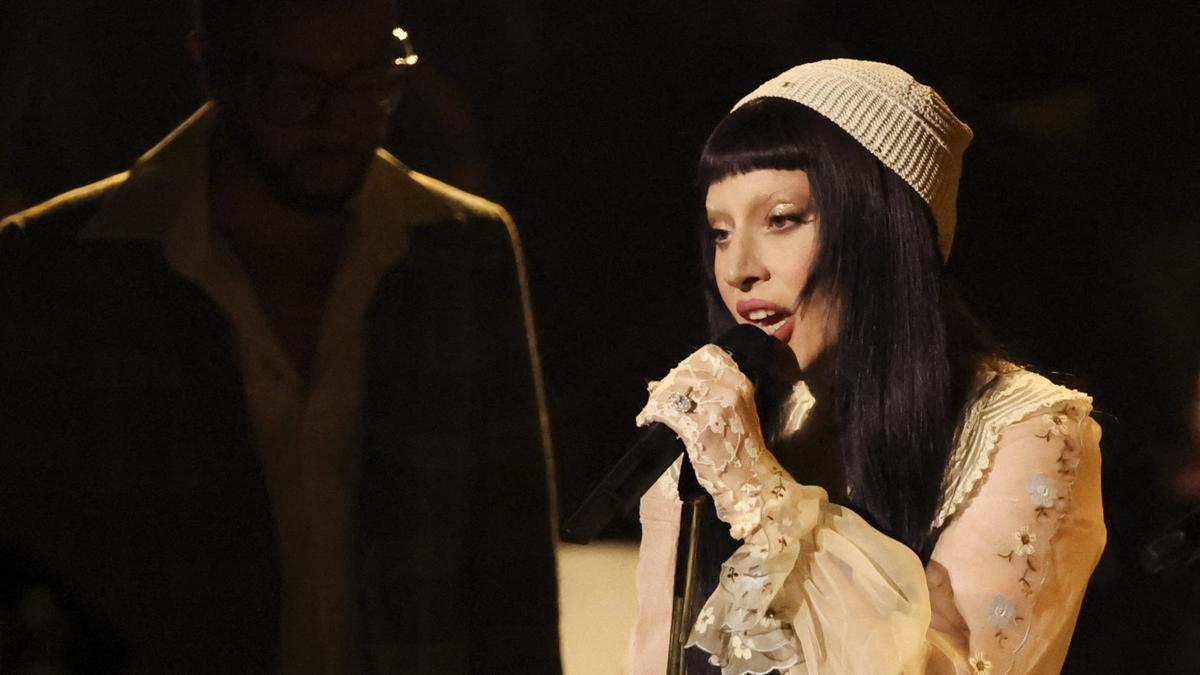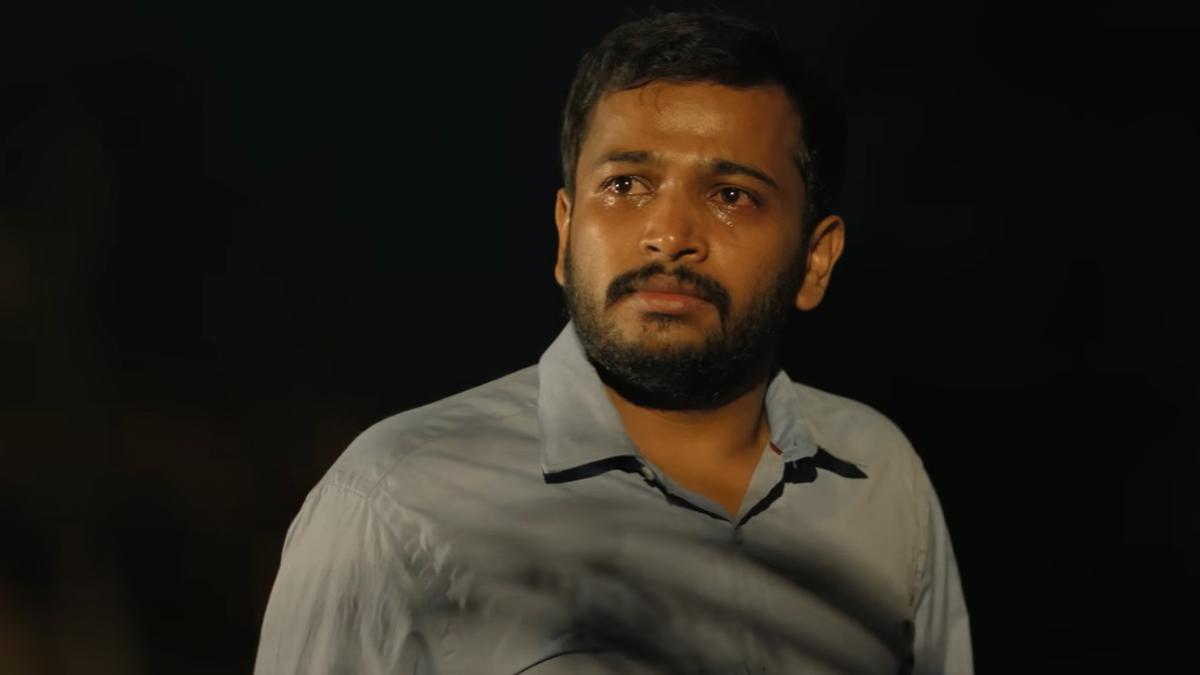
Week after the conclusion of the Big Blues Band Hunt event, mentor Ehsaan Noorani explores why the genre deserves the spotlight
Ehsaan Noorani
Unintended though it may be, a conversation with Ehsaan Noorani sheds light on the dichotomy between making a career as a blues musician and being financially independent while at it. Never one to tackle a question lackadaisically—be it relating to his work as part of the revered Bollywood trio, Shankar-Ehsaan-Loy, or as an independent musician—Noorani permits bias when discussing matters relating to the genre that originated among African-Americans. “The one thing that people should know about this genre is that rock, jazz, and metal come from blues music. They are all derivatives of that. It’s a genre that’s popular across the globe. Even though there aren’t many festivals promoting it, it is still celebrated. So, why should we not promote such a beautiful genre that everyone can enjoy?” asks the ace guitarist while discussing mentoring the Big Blues Band Hunt along with Zubin Balaporia.ADVERTISEMENTIn encouraging aspiring musicians to chase the style that has long held his admiration, Noorani, however, will not lead them astray. Well aware of the internal negotiation a musician must be part of when deciding to venture into the industry whilst seeking financial security, Noorani may be reminded of his own personal battles when turning mentor to the next generation. “I don’t know if you can support yourself as part of a blues band,” he says matter-of-factly. “There are a couple of bands that did that, like Soulmate, which unfortunately is not together anymore. It doesn’t pay the kind of income that you would need to live properly in a big city. So, I’ve always suggested that musicians do something on the side to build their income until the time arrives when they can earn a favourable income stream from music.”The musician, however, doesn’t leave the conversation at that. Asserting that a variety of factors now come into play when determining an artiste’s success, he points to the multiple avenues available at their disposal when they decide to chart their careers. “I’m not very unhappy with my progress over the years, in spite of not having the facilities and access to media. I’m sure that if we had access to YouTube, and all the kinds of music that are available online, things could have been different. In America, one can listen to whatever they want on radio stations. So, [music becomes part of] their DNA. Unfortunately, that was not the case when we were starting our journey. Now, there’s access to so much content. You can watch concerts and instructional videos as well. Availability of good equipment is also useful.” The shift has been evident as the latest edition of the festival saw the participation of musicians who could indeed stay true to the genre. It was a welcome change for Noorani, who had, until the previous years, noticed that participants were aiming to use the platform to showcase their skills as rock artistes, or those fluent in other genres. “But, this year, 80 per cent of the entries were of those who played blues alone. That was a pleasant surprise.” The festival will take place this week and will feature an act by the winning band, John Blue Ensemble.
Unintended though it may be, a conversation with Ehsaan Noorani sheds light on the dichotomy between making a career as a blues musician and being financially independent while at it. Never one to tackle a question lackadaisically—be it relating to his work as part of the revered Bollywood trio, Shankar-Ehsaan-Loy, or as an independent musician—Noorani permits bias when discussing matters relating to the genre that originated among African-Americans. “The one thing that people should know about this genre is that rock, jazz, and metal come from blues music. They are all derivatives of that. It’s a genre that’s popular across the globe. Even though there aren’t many festivals promoting it, it is still celebrated. So, why should we not promote such a beautiful genre that everyone can enjoy?” asks the ace guitarist while discussing mentoring the Big Blues Band Hunt along with Zubin Balaporia.
ADVERTISEMENT
In encouraging aspiring musicians to chase the style that has long held his admiration, Noorani, however, will not lead them astray. Well aware of the internal negotiation a musician must be part of when deciding to venture into the industry whilst seeking financial security, Noorani may be reminded of his own personal battles when turning mentor to the next generation. “I don’t know if you can support yourself as part of a blues band,” he says matter-of-factly. “There are a couple of bands that did that, like Soulmate, which unfortunately is not together anymore. It doesn’t pay the kind of income that you would need to live properly in a big city. So, I’ve always suggested that musicians do something on the side to build their income until the time arrives when they can earn a favourable income stream from music.”
The musician, however, doesn’t leave the conversation at that. Asserting that a variety of factors now come into play when determining an artiste’s success, he points to the multiple avenues available at their disposal when they decide to chart their careers. “I’m not very unhappy with my progress over the years, in spite of not having the facilities and access to media. I’m sure that if we had access to YouTube, and all the kinds of music that are available online, things could have been different. In America, one can listen to whatever they want on radio stations. So, [music becomes part of] their DNA. Unfortunately, that was not the case when we were starting our journey. Now, there’s access to so much content. You can watch concerts and instructional videos as well. Availability of good equipment is also useful.”
The shift has been evident as the latest edition of the festival saw the participation of musicians who could indeed stay true to the genre. It was a welcome change for Noorani, who had, until the previous years, noticed that participants were aiming to use the platform to showcase their skills as rock artistes, or those fluent in other genres. “But, this year, 80 per cent of the entries were of those who played blues alone. That was a pleasant surprise.” The festival will take place this week and will feature an act by the winning band, John Blue Ensemble.










